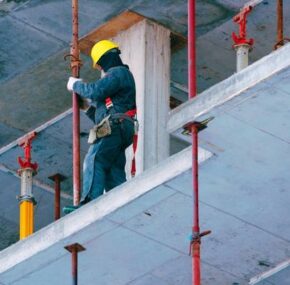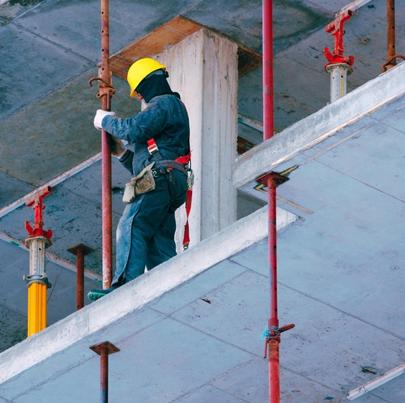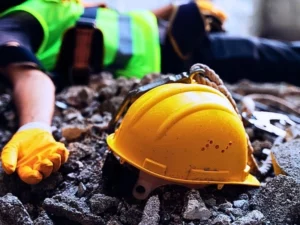Numerous jobs in Illinois involve outdoor work. Construction workers, firefighters, road workers, public transportation staff and other employees spend many hours outside. These workers are subject to several injury risks from extreme weather. By learning the warning signs of weather-related trauma and how to prevent it, employees can stay safer during outside jobs.

Climate extremes in Illinois
Illinois winters can be extremely cold, and summers are often unbearably hot, as a Chicago personal injury attorney knows. According to the National Weather Service, the record high in the state is 117 degrees Fahrenheit, recorded in East St. Louis in 1954. The record low is 37 below zero, occurring in 2009 in Rochelle.
Cold stress on the job
Outdoor jobs do not stop when the mercury dips below zero. Illinois outdoor workers run the risk of winter injuries, including all of the following:
- Hypothermia
- Frostbite
- Slips and falls on icy surfaces
Some workers are even injured while ensuring the safety of others. According to the Occupational Safety and Health Administration, 16 workers have been disabled or killed during the past decade while engaging in snow and ice removal.
Protecting workers against cold injury
Cold injury can often be prevented with training and education. Outdoor workers must learn about the signs of hypothermia and frostbite. If a worker is suffering from severe numbness, pale or waxy skin, lethargy or unresponsiveness, the person must be brought to a warm and safe location. All work areas should be kept clear of slip and fall hazards from snow and ice.
Heat stress among Illinois workers
Heat stress is a threat to Illinois workers during long, hot summers. Heat injuries can include severe sunburn, dehydration and heat exhaustion. If heat exhaustion is allowed to progress to the more dangerous form of heat stroke, it can be fatal in minutes. A Chicago personal injury attorney is aware that outdoor employees also face an increased risk of skin cancer due to sun exposure during the summer.
Summer safety measures
Outdoor workers have the right to a safe environment when temperatures rise. Employers must offer sufficient shade, water and rest breaks. Proper clothing can cut the risk of sunburn and melanoma. Proper education is an important part of detecting and avoiding the fatal consequences of heat stroke.
Working outdoors in Illinois can be challenging, even for young and fit employees. People who have suffered heat injury or cold injury on the job may find it helpful to speak to a Chicago personal injury attorney about their rights.







